This website uses cookies to ensure you get the best experience on our website.
- Table of Contents
Facts about Ephrin type-B receptor 6.

Modulates cell adhesion and migration by exerting both negative and positive effects upon stimulation with ephrin-B2. Inhibits JNK activation, T-cell receptor-induced IL-2 secretion and CD25 expression upon stimulation with ephrin-B2.
| Human | |
|---|---|
| Gene Name: | EPHB6 |
| Uniprot: | O15197 |
| Entrez: | 2051 |

| Belongs to: |
|---|
| protein kinase superfamily |

EC 2.7.10.1; EPH receptor B6; EphB6; ephrin type-B receptor 6; Hep; HEPTyrosine-protein kinase-defective receptor EPH-6; Mep; MGC129910; MGC129911
Mass (kDA):
110.7 kDA

| Human | |
|---|---|
| Location: | 7q34 |
| Sequence: | 7; NC_000007.14 (142854639..142871093) |
Expressed in brain. Expressed in non invasive breast carcinoma cell lines (at protein level). Strong expression in brain and pancreas, and weak expression in other tissues, such as heart, placenta, lung, liver, skeletal muscle and kidney. Expressed in breast non invasive tumors but not in metastatic lesions. Isoform 3 is expressed in cell lines of glioblastomas, anaplastic astrocytomas, gliosarcomas and astrocytomas. Isoform 3 is not detected in normal tissues.
Membrane; Single-pass type I membrane protein.; [Isoform 3]: Secreted.





PMID: 9207182 by Matsuoka H., et al. Expression of a kinase-defective Eph-like receptor in the normal human brain.
PMID: 18425388 by Jin M., et al. Identification of EphB6 variant-derived epitope peptides recognized by cytotoxic T-lymphocytes from HLA-A24+ malignant glioma patients.